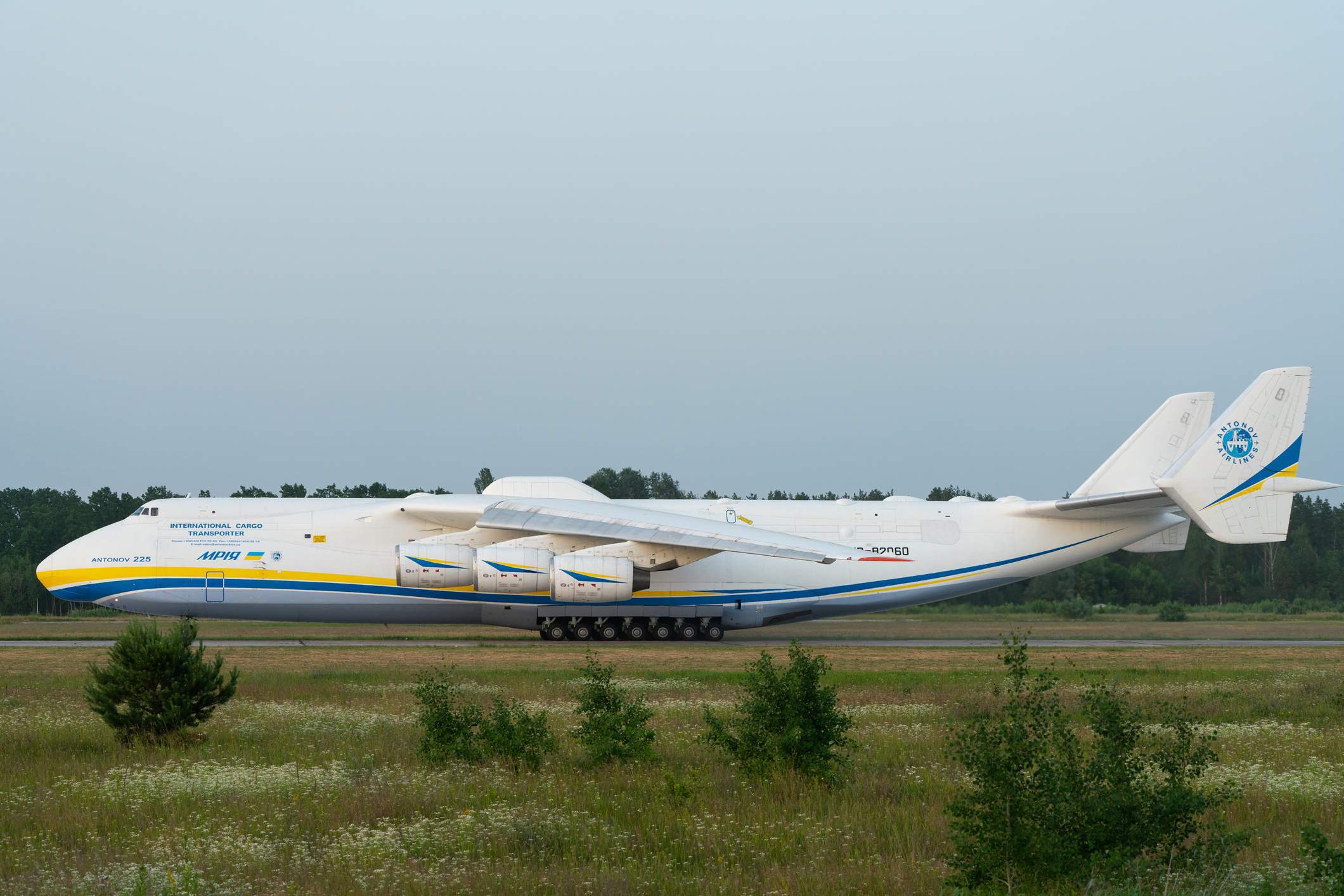Guide to Buying and Exporting Aircraft Parts from South Africa
Guide to Buying and Exporting Aircraft Parts from South Africa
The aerospace industry is a volatile one, with manufacturers constantly coming up against challenges such as fluctuating demand, price fluctuations and currency volatility. However, this hasn’t stopped the industry from growing at an impressive rate. In fact, the global aerospace industry posted a growth of 5.6% in the 2016-2017 period. This can be attributed to factors such as an increase in travel and tourism, new aircraft models and passenger services that use larger planes. To remain competitive and capture a share of the market, manufacturers need to be able to source parts from suppliers that offer fast lead times, good quality control and cost-effective prices. Moreover, manufacturers need to be able to find suppliers that can meet their unique specifications or supply chain needs at all times without sacrificing volume discounts for large orders. This requires extensive research into potential suppliers so as to make informed decisions about where best to source from.
A Guide to Buying Aircraft Parts from South Africa
With an installed aircraft parts industry value of USD 3.2 billion, South Africa is an ideal source for a wide variety of parts such as landing gear, engines, and fuselages. Because of its strategic location, South Africa is also an ideal source for parts that are used in African operations. This makes it a very attractive source for OEMs that want to increase their global market share. Large aircraft manufacturers such as Boeing, Airbus, Embraer and Bombardier all have facilities in South Africa where they assemble and integrate different parts to form a complete aircraft. Some of the parts that are manufactured in South Africa include airframes, engines, avionic components, seats, and interiors. This means that OEMs sourcing from South Africa can combine and integrate their orders with parts already manufactured in South Africa. This helps them to get a head start on the production process, as well as meet delivery timelines.
Export Requirements for Buying Aircraft Parts from South Africa
Before you make the decision to export aircraft parts from South Africa, be aware of some of the export requirements that might apply to your products. These will vary between countries, and you should check with the relevant authorities to see if your parts meet the necessary requirements before you start sourcing. Some of the most common regulations that might apply include: – End-use or end-user regulations: Some countries require exporters to obtain an export license that specifies the end use of the products they are exporting. If a license is required, it will normally be issued after confirmation that the products meet the necessary criteria. – Import permits: Some countries might require exporters to obtain import permits before they can import their products. In most cases, exporters need to inform their local customs authority that they are planning to import goods. Import permits are normally issued after confirmation that the goods meet the necessary criteria. – Quality standards: Importing countries might require exporters to meet certain quality standards when exporting certain products. In some cases, exporters might be required to obtain third-party certification, such as ISO 9001 or IATA, before they can export their products.
Which Companies Can Help You Export from South Africa?
If you are interested in importing aircraft parts from South Africa, you should start by identifying potential suppliers and comparing their rates. Depending on the complexity of the order and your requirements, you might want to consider outsourcing the logistics involved in sourcing and managing an order from start to finish. This can be particularly useful if your company doesn’t have the resources to manage an entire supply chain, or if you need to prioritize other areas of your business. A sourcing agent or procurement agent can help you manage your order from start to finish. In some cases, they might also be able to assist you with negotiations, particularly if your order is complex and requires a lot of back-and-forth communication with different potential suppliers.
Which Countries Import Aircraft Parts from South Africa?
Aircraft Parts from South Africa are exported to more than 45 countries including Australia, Brazil, China, India, Japan, Mexico, Spain, and the United Kingdom. Below is a list of the top 10 importers of aircraft parts from South Africa. Table: Top 10 importers of aircraft parts from South Africa
3 Key Steps for Exporting from South Africa
Once you’ve decided on the aircraft parts you want to export, it’s time to make sure that they meet the necessary quality and safety standards. If they don’t, you’ll need to find a suitable manufacturer to work with and make any necessary changes to bring them up to standard. This process can be time-consuming, so it’s best to start as soon as possible to avoid missing delivery timelines. The next step is to find potential buyers for your products, so you can determine their price and the best place to sell them. There are several online marketplaces that can help you to advertise your products and find new buyers, including Alibaba, TradeKey, Trade.io, and Sourcing Zone. It’s also a good idea to participate in trade shows and exhibitions, such as the Farnborough Airshow, to promote your products.
Conclusion
Exporting aircraft parts from South Africa can be a great way to expand your business and meet new clients. However, it’s important to do your research and make sure that you understand the export requirements so you can meet your clients’ needs. Aircraft parts manufacturers in South Africa are a great source for OEMs looking to expand their global market share.








LEAVE A COMMENT
You must be logged in to post a comment.